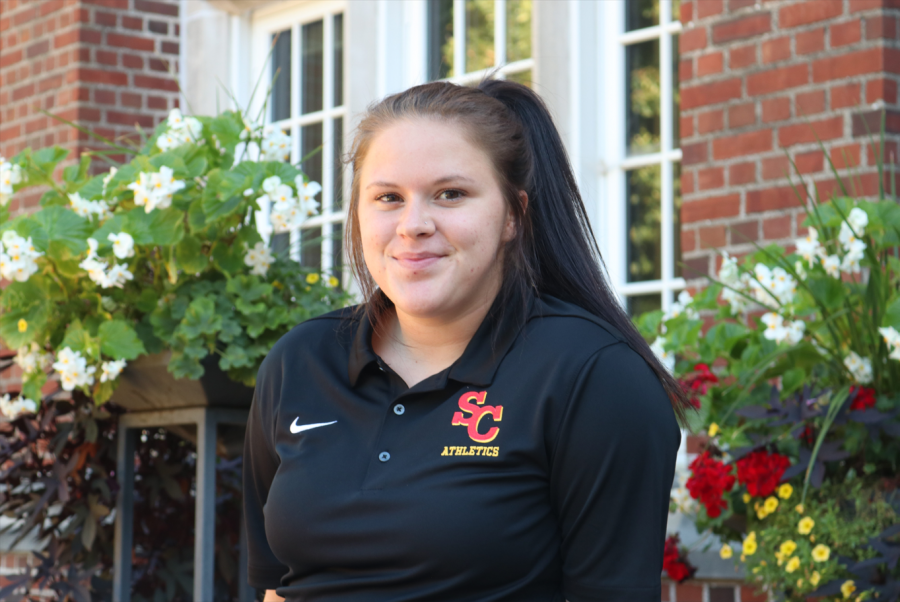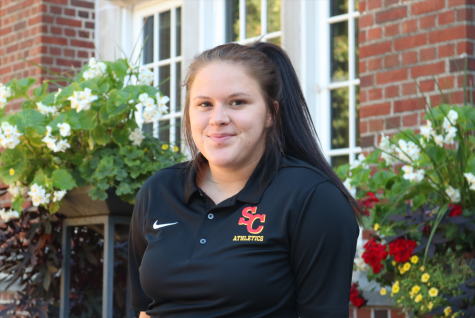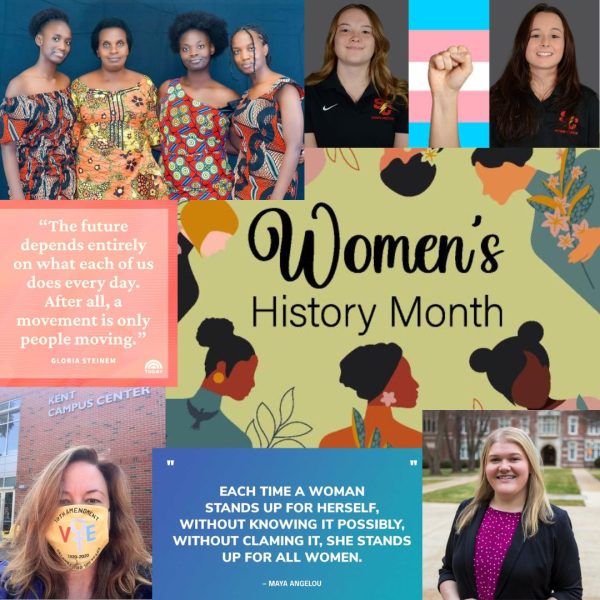Living life with imposter syndrome
February 23, 2022
I am not afraid to admit that I often have anxiety about various situations. Typically, it is manageable. However, sometimes I get eaten alive by thoughts that include: “Am I good enough?” “Am I doing enough to set myself up for success?”
The feelings of being a fraud or being undeserving of what comes to me seems like an endless cycle.
Despite my resume being nearly two pages of internship after internship, I still wonder if what I am doing is good enough. Sometimes I wonder if the imposter feelings come because being a woman in a male-dominated field is intimidating or if I would have similar feelings if I were going into a different field of work.
But then I realize those thoughts come to mind in other areas of my life such as academics and relationships.
I am no doctor, but firmly believe I am living with what is known as imposter syndrome.
Imposter syndrome is defined as “the persistent inability to believe that one’s success is deserved or has been legitimately achieved as a result of one’s own efforts or skills.”
The term was first introduced in 1978 by psychologists Pauline Rose Clance and Suzanne Imes, who found a prevalent pattern among high-achieving women who devalued themselves and accomplishments, dismissed their achievements and believed they owed their successes to luck.
An estimated 70% of people experience these imposter feelings at some point in their lives according to a review article published in the International Journal of Behavioral Science.
Unfortunately, it is linked to both anxiety and depression, creating a whirlwind of emotions for those who experience similar feelings.
After doing further research, there are five typical identities of imposter syndrome including the perfectionist, the superhero, the expert, the natural genius and the soloist.
My thoughts and personality most align with the soloist, meaning I tend to be individualistic and prefer to work alone. I also hate asking for help and see it as a sign of weakness.
It is hard to cope with something that is so complex to understand. However, since I have experienced these feelings often as I search for graduate school or job opportunities after graduation, I have begun to understand how to deal with the negative feelings that I have.
They say “comparison is a thief of joy” so I have begun to focus on what I have done and accomplished in the past along with focusing on what I am doing currently rather than looking too far ahead or seeing what others are doing.
The American Psychological Association recommends seeking out tasks one is good at to create a feeling of accomplishment, asking for help, acknowledging feelings, being open to risks and new experiences as well as celebrating successes when they occur.
I share my story not to ask for sympathy or pity, but to show that it is okay to share feelings as a way to cope and potentially help others feel more comfortable to do the same.
If you are experiencing similar feelings and need an outlet to express those feelings, Counseling Services, Career Development or the Religious Life Community may be of help.















